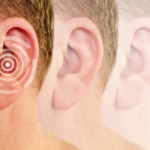Do you know what are the side effects of allergy shots?
Allergy shots, also known as immunotherapy, can help reduce these symptoms and provide long-lasting relief.
However, like with any treatment, there can be side effects.
In this article, we’re going to dive into the world of allergy shots, examining the potential side effects, and answering some common questions.
- 7 Common Side Effects of Allergy Shots
- Serious Side Effects of Allergy Shots
- Allergy Shots: An Overview
- Allergy Shots vs Allergy Pills: Do Allergy Shots Work Better Than Pills?
- Precautions to Take Before Receiving Allergy Shots:
- Things to Keep in Mind During Allergy Shot Treatment:
- Frequently Asked Questions
Disclaimer: This article is intended for informational purposes only. It is not a substitute for professional medical advice, diagnosis, or treatment. Always seek the advice of your healthcare provider with any questions you may have regarding a medical condition or treatment and before undertaking a new health care regimen. Never disregard professional medical advice or delay in seeking it because of something you have read in this article.
7 Common Side Effects of Allergy Shots
- Local Reactions
- Systemic Reactions
- Fatigue
- Headaches
- Nausea
- Dizziness
- Fever
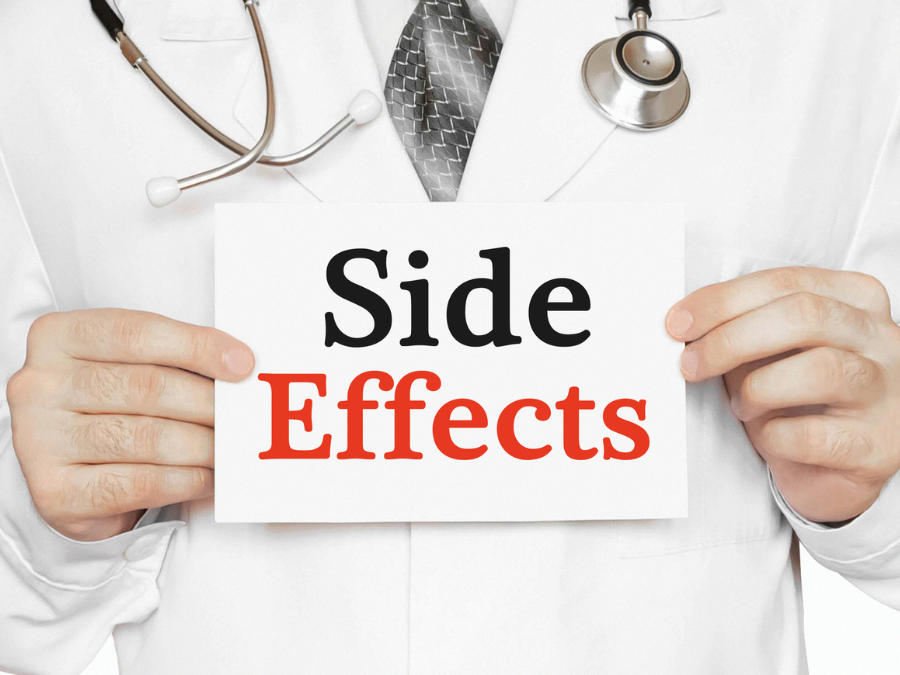
Local Reactions
These are the most common side effects of allergy shots. They include redness, swelling, or itching at the injection site.
Systemic Reactions
These are less common but more serious. They involve symptoms that affect more than just the injection site, such as difficulty breathing, throat swelling, and severe allergic reactions.
Fatigue
Some people may experience a feeling of tiredness or fatigue after receiving allergy shots.
Headaches
In some cases, people might experience headaches after receiving an allergy shot. This is especially common in the initial stages of the treatment.
Nausea
While not very common, some people might feel a sense of nausea post the allergy shot.
It’s essential to communicate these feelings to your healthcare provider for appropriate care and management.
Dizziness
Dizziness or a feeling of lightheadedness can be another side effect of allergy shots, particularly during the beginning of the therapy.
If you feel dizzy after an injection, it’s advisable to sit or lie down and report this to your healthcare provider.
Fever
A mild fever is another possible side effect of allergy shots. It’s a sign that your body is responding to the treatment.
However, if the fever is high or persists, you should seek immediate medical attention.
Serious Side Effects of Allergy Shots
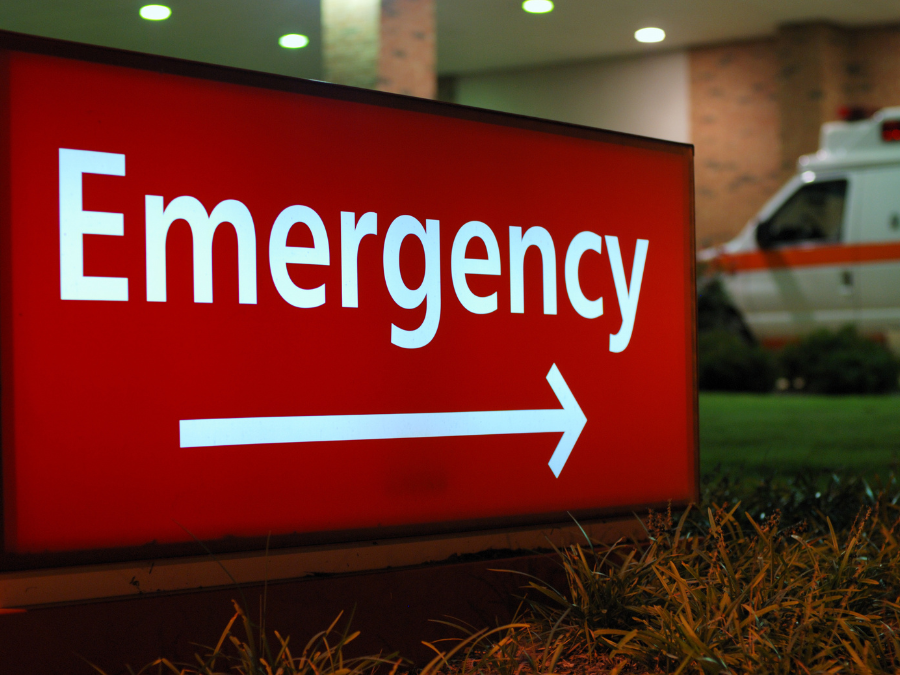
Severe Allergic Reaction to Allergy Shots
While most side effects of allergy shots are mild and can be managed easily, some rare but serious reactions may occur.
These include anaphylaxis, a severe anaphylactic reaction that can be life-threatening if not treated promptly.
Symptoms of anaphylaxis include difficulty breathing (trouble breathing), swelling of the face, throat or tongue, hives, and low blood pressure.
If you experience any of these symptoms after receiving an allergy shot, seek immediate medical attention.
Your healthcare provider will have emergency medication on hand to treat your symptoms.
Other serious side effects that require immediate medical attention include chest tightness or pain, rapid heart rate, wheezing or difficulty breathing (shortness of breath), persistent coughing or trouble swallowing.
Allergy Shots: An Overview
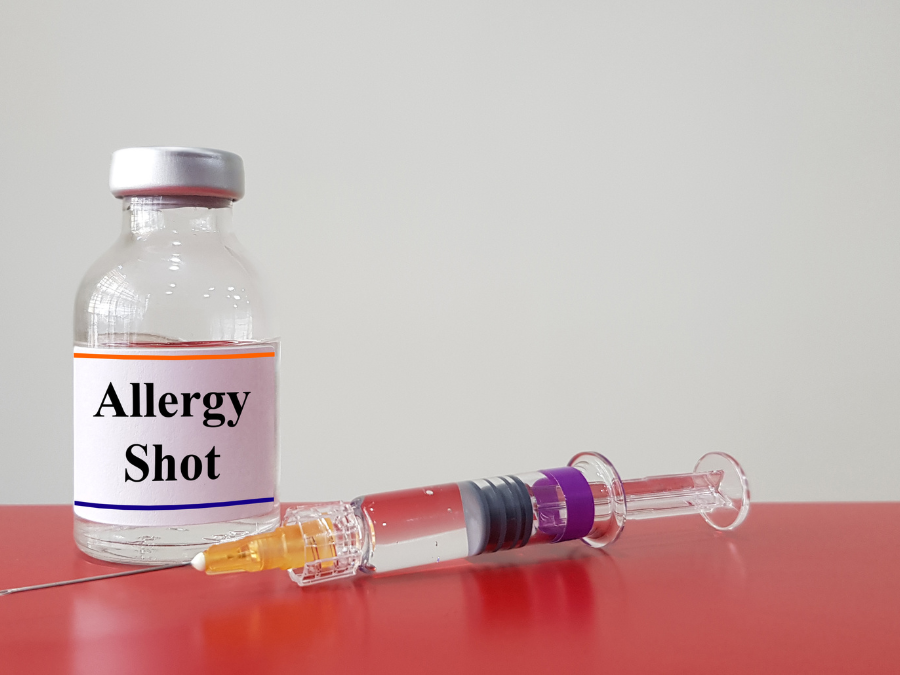
What are allergy shots?
Allergy shots are a form of long-term treatment that reduces your symptoms for many people with allergic rhinitis, allergic asthma, conjunctivitis (eye allergy), or stinging insect allergy in daily life.
How do they work?
These shots work by decreasing sensitivity to allergy triggers. This can greatly improve your overall quality of life.
Each shot contains a small amount of the specific allergen or allergens that trigger your allergic reactions.
Who needs them?
Allergies can significantly impact our quality of life, causing symptoms such as a runny nose, cough, lack of sleep, brain fog, and more.
The good news is, allergy shots can be a good option for those suffering from severe reactions to specific allergens like grass pollen, indoor allergens (pet dander and dust mites), and food allergies.
Allergy Shots vs Allergy Pills: Do Allergy Shots Work Better Than Pills?
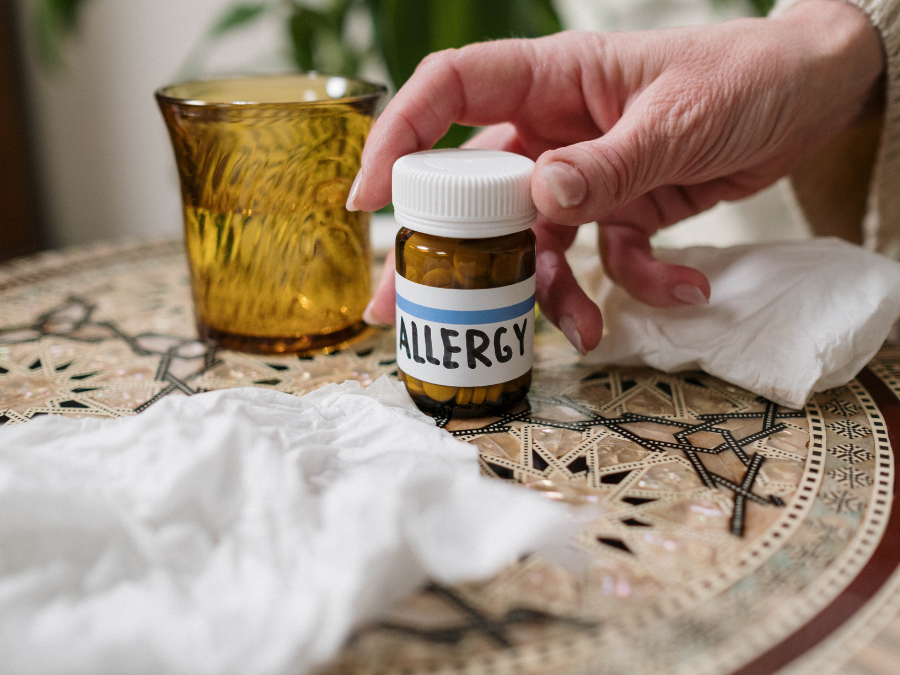
Allergy Pills
While both allergy shots and oral medications are effective allergy treatment options, they function quite differently.
Oral medications, such as antihistamines and decongestants, work by treating the symptoms like stuffy nose and itchy eyes after they have occurred.
They provide immediate, but only temporary relief.
Allergy Shots
On the other hand, allergy shots work on the immune system to modify the allergic reaction itself.
They involve a series of injections with gradually increasing quantities of allergens.
Over time, these shots can decrease your sensitivity to allergens, leading to long-lasting relief and potentially permanent reduction in symptoms.
This approach requires more time and commitment, but the pay-off can be significant for those with severe allergies.
Precautions to Take Before Receiving Allergy Shots:
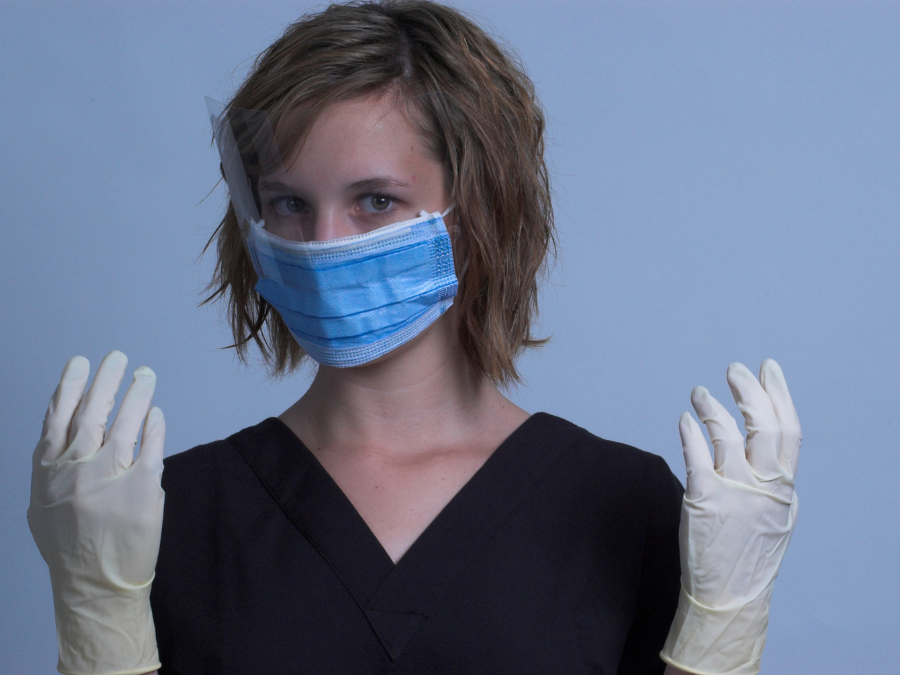
– Make sure to inform your healthcare provider of any pre-existing medical conditions, such as heart problems or a history of severe allergic reactions.
– Tell your doctor if you are taking any medications, as certain drugs may interfere with allergy shots or increase the risk of side effects.
– It is important to stay at the doctor’s office for at least 30 minutes after receiving an allergy shot. This allows the healthcare team to monitor you for any potential immediate reactions.
Things to Keep in Mind During Allergy Shot Treatment:
– Expect some discomfort at the injection site, such as redness, itching, and swelling. These symptoms should subside within a few hours.
– It is normal for your allergies to feel worse initially before they start improving.
Frequently Asked Questions
Are allergy shots effective?
Yes, they can be a very effective treatment for many types of allergies, providing long-lasting relief for many allergy sufferers.
Are there any severe reactions?
Yes, in rare cases, allergy shots can cause anaphylaxis, a potentially life-threatening reaction. That’s why you should always receive allergy shots under the supervision of a healthcare provider.
In conclusion, while allergy shots have their potential side effects, many find the relief they offer from allergy symptoms to be worth it. As always, consult with your doctor or a board-certified allergist to discuss your treatment options. Allergy shots might just be your ticket to a sneeze-free season!


